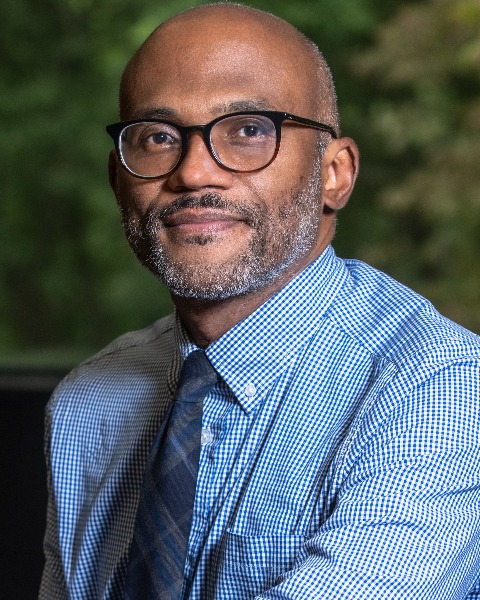Plenary
Session: Plenary Session 2
The Fourth Revolution: Community Mental Healthcare and the Politics of Race in the Twentieth-Century United States
Thursday, November 9, 2023
2:00 PM - 3:00 PM CST
Location: JW Salon 6,7,8
CE: 1 CME

Martin Summers, PhD (he/him/his)
Professor of History and African and African Diaspora Studies
Boston College
West Roxbury, Massachusetts
Speaker(s)
Advocates of community mental healthcare in the postwar U.S. argued that the goal of the psychiatric profession should be to promote and preserve mental health by intervening in the lives of emotionally troubled and mentally distressed individuals before their conditions warranted hospitalization. Central to this model of care was the idea of citizen participation. Rather than comprehensive mental healthcare policies being developed and implemented solely by state officials and mental health experts, decision-making processes about the care of people with mental or emotional disorders should involve ordinary laypeople who had a stake in both the welfare of the mentally ill and the improvement or preservation of the quality of life in their communities. The success of community mental healthcare centers, especially in African American neighborhoods, their advocates argued, depended upon the personal investment of neighborhood residents in those centers. Giving residents a voice in how these centers were planned and operated, rather than delivering care in a top-down, paternalistic manner, was essential to engaging a population that distrusted white medical professionals. But community mental healthcare also brought with it a host of challenges, from nimbyism and struggles over community control to bureaucratic debilitation and government disinvestment. This talk will explore the longer history of community mental healthcare and how it reflects the larger relationship that African Americans have historically had with psychiatry.
Learning Objectives:
- Attendees will learn about the complicated views African Americans have had of psychiatry, views that have been characterized by skepticism and antipathy as well as by guarded optimism
- Appreciate the association between community mental healthcare and the relationship of African Americans to the field of psychiatry
- Understand the complex challenges associated with community mental health centers, particularly in African American neighborhoods

